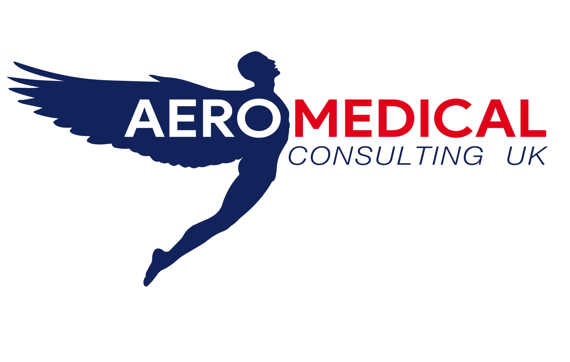Don't risk everything: the CAA prosecutes medical non-disclosures
Applying for an initial professional aviation medical certificate, perhaps as a pilot or an air traffic controller (ATCO) is usually the first step for many applicants before they commit their finances, time and energy to training. In fact, any reputable Approved Training Organisation will usually demand a medical certificate first before accepting a prospective applicant onto a training course.
Most applicants I speak to describe a career in commercial aviation as their dream job - something they have always wanted to do. Pilots and ATCOs are also safety-critical professions for whom medical incapacitation on the job could cost lives. A thorough medical assessment of the physical and mental well-being for anyone applying to work in these roles is therefore justified and is required by law.
“The application form MED160 health questionnaire asks: do you have or have you ever had the following medical conditions...”
Part of the medical involves a medical self-declaration by the pilot or ATCO, to include their past medical history. This self-declaration forms part of the application form - the CAA MED 160 - which is a legal document and asks the pilot /ATCO to answer yes or no, if they have or they have ever had a particular medical condition.
For almost all the applicants we see, a lot is riding on them being successful at the medical. There can therefore be a temptation to be economical with the truth. In my view this is folly, absolute madness, for many reasons and not just that it is dishonest.
“The vast majority of applicants for an aviation medical certificate are successful”
First and foremost, the vast majority of applicants who apply for a commercial aviation medical certificate are successful - I would say about 80-85%.
Many of these applicants would have declared a medical history that required further assessment. This means that whilst they might not have received their medical certificate on the day, they would have nevertheless been issued one a few weeks later following a review of their medical records or following an assessment by an approved hospital specialist (in cases where the records are not available).
The cost of the medical, whilst still expensive, is paltry when compared to the cost of training which can run into tens of thousands of pounds and, as stated before, the applicant is making a legal declaration when they sign the application form.
The CAA have an investigations and enforcement team who have successfully prosecuted pilots for non-disclosures of their medical history. The penalty can be heavy and may lead to a criminal record which would probably put an end to any career aspiration as a commercial pilot or ATCO.
Wouldn’t it be a shame if after all that hard work to gain your licence, the CAA came knocking on your door and took it away because you hadn’t declared a health condition from the past. That would be disastrous.
It is simply not worth the risk - if you are not sure if the health condition is relevant it is better to declare than not.



